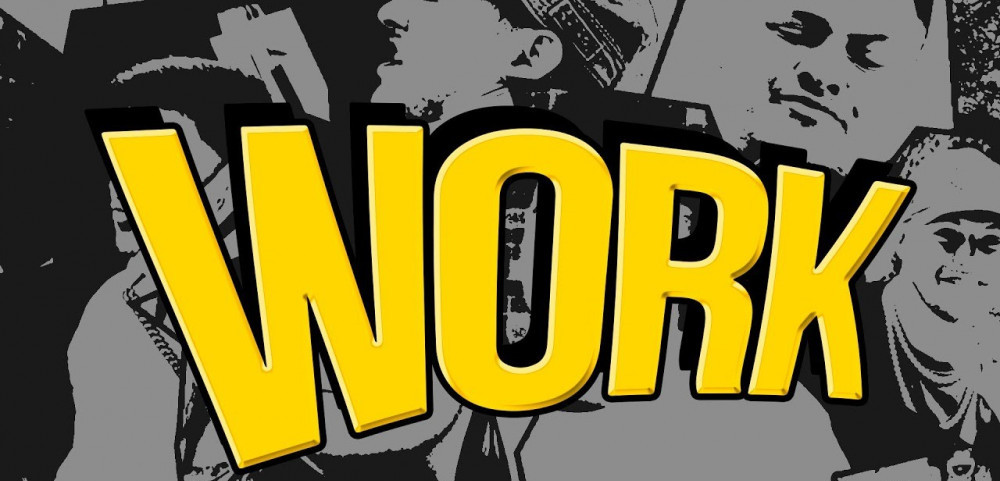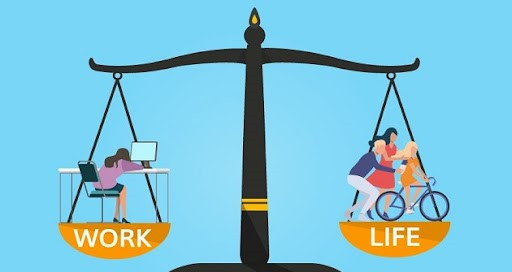How Does Work Affect Your Social Security? Here’s What You Need To Know!

When it comes to work, what is it? For some people, work is their entire life. Some people depend on the money that they make from work for food and shelter. However, for other people, work is something that they do to support themselves. It’s a way of keeping themselves busy and happy when life passes them by. Depending on what type of job you have, your social security benefits can affect your personal life in many different ways. Here are some facts about how work affects your social security benefits and how you can take steps to ensure that it doesn’t impact your personal life too much.
What is work?
You may have heard that work is something that you do for money. However, the actual definition of work varies from person to person and country to country. The word “work” can refer to any job involving the purpose of earning income or providing goods and services, depending on where it comes from.
A lot of jobs fall under the umbrella of work, including:
17% Artisans and craftspeople
12% Salespersons
11% of Elementary school teachers
10% Nurses & aides
5% Homemakers / housekeepers / caretakers/ nannies & helpers/ maids & cleaners
4% Unemployed (e.g. retirees)
3% Self-employed people (e.g., farmers)
How does work affect your social security?
Between 2011 and 2013, the value of social security benefits for Americans aged 65 or older more than doubled, from $20.5 billion to $42.8 billion, according to the Social Security Administration (SSA).
The SSA estimates that nearly 15 million people worked after retirement age between 2011 and 2013, which means that 1 in 3 Americans aged 65 or older were working at some point during those years. On average each person worked 33 minutes a week in 2013.
Work is a big part of your social security benefits. If you are on a fixed income, that could mean that you need to work harder than your friends who had more time to spend with family and friends when they retired earlier than you did. If you have children, as many retirees do, it will affect how much money you can contribute to 401(k) accounts and what kinds of health care benefits are available for your family members depending on the plan.
Because work is such a large part of your social security benefits if you are single this means that even if you’re not working full-time there’s still an effect on how much money comes into your account each month based on how much you earned over the past year.
This post contains affiliate links. Please please read my Disclaimer for more information
Proving that your job does not impact your personal life
Social security benefits are not tax-free income. Therefore, if you have a job that you’re paid weekly, and it doesn’t take care of your other financial needs, then you won’t be able to claim them as income on your tax returns.
Paying for childcare – If your employer pays for childcare costs, then it’s possible that you could be eligible for social security benefits if you’re the primary caregiver for your children under the age of 6. This means that you might need to pay into social security early enough to qualify. If this is the case, the government will treat all qualifying expenses as taxable expenses and they will deduct the cost from your earnings when they calculate how much of your money is going towards these expenses. For example, if you want to use a babysitter during the week when you don’t need to work, it’s still possible to qualify for social security benefits with this method. However, because there are restrictions on how much time and care can contribute towards qualifying childcare costs (e.g., must be within 12 months), only low-income workers with dependents can benefit from this method (e.g., single parents who have their kids with them all day).

Work-life balance
To receive Social Security benefits, you must have a job. However, there are different types of jobs that each allow you to receive benefits. For example, you might have a part-time job or one that is only open on certain days of the week. If you work full time and it’s only open on Saturdays, then you can’t receive SS benefits.
A lot of people worry that they won’t be able to work if they don’t have a regular work schedule. Fortunately, it’s possible to work part-time at least 15 hours per week and still receive Social Security benefits if your employer offers them. Be sure to check with your employer before making any decisions regarding your work schedule.
Social Security and Retirement Benefits
To better understand how work affects social security, let’s start with retirement benefits. Social security has benefits that are separate from your paycheck and take into account the amount of time you’ve worked. The result? Your social security retirement checks can be very different from your paycheck.
Since work is a major factor in determining whether you qualify for social security, it’s important to understand how job types impact your social security benefits.
There are two main categories of jobs: “full-time” and “part-time.” A full-time job is defined as having 30 or more hours per week. Part-time jobs, like any other type of employment, count toward the 30-hour threshold and don’t count toward the full-time threshold.
What happens if you’re underpaid? If you’re not paid enough money to live on (like the majority of Americans), Social Security will determine what your payments will be based on your income and obligations during retirement. If you have little income but lots of obligations (like many workers) or have high income but low obligations (like retirees), a combination of both factors could determine your Social Security payment amount.

Conclusion
Social Security is a retirement program for people who are working. It’s just like Medicare, but for different reasons. Social Security is designed to help older people pay for their old age. If someone dies, they can collect money from former employers and family members to support that person until they reach the end of their lives.
The amount of money you can collect will depend on your earnings and how long you’ve been collecting social security benefits.
“If you have any feedback about how does work affect your social security that you have tried out or any questions about the ones that I have recommended, please leave your comments below!”
NB: The purpose of this website is to provide a general understanding of personal finance, basic financial concepts, and information. It’s not intended to advise on tax, insurance, investment, or any product and service. Since each of us has our own unique situation, you should have all the appropriate information to understand and make the right decision to fit with your needs and your financial goals. I hope that you will succeed in building your financial future.
Leave a Reply